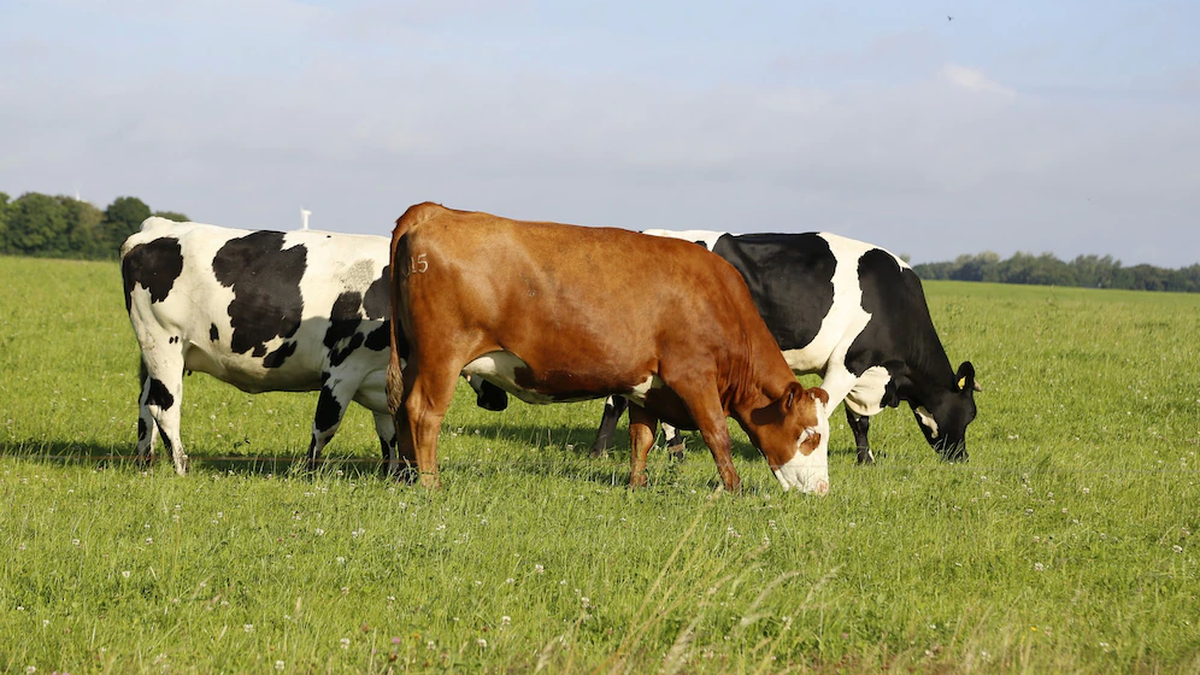The beef It is especially sensitive to this matter, since most of its consumption is done outside the home, in fast food chains and restaurants, given that consumption at home is mostly pork or poultry.
To this must be added a improvement in prices in Europe, with average prices for the Uruguayan Hilton quota rising in a few weeks from around US$10,000 to almost US$14,000/t. The operators argue that one of the main factors is the little supply from Argentina in this market, which was always the main provider. There is also an improvement in prices in the United States, because there the stock has fallen and the offer is in a low phase, justifying higher prices.
The demand is firm, but the supply is scarce due to the drought
With this scenario, the average export price of Uruguayan beef exceeds US$4,300/ton equivalent carcass weight. The value is 12% below what was registered a year ago, but it is still a very good price in historical terms. The demand it is asserting itself.
At the same time, the short supply: the drought It seriously affects grass production, both in the natural field and in sown pastures. Likewise, it is expected that the supply of corn will fall seriously, a crop that has been greatly affected by the drought. Thus, the reference price that Livestock Consignees mark every week rose from a floor of less than US$3.30/kg to almost US$3.60/kg, and with a tendency to continue rising.
meat export.jpg
In many areas, the drought was so serious that many corn crops will not be harvested for grain and the entire plant will be raised, chopping the material to feed it to cattle (meat and dairy). Something similar happens with soybean crops that have been greatly affected, and are used for grazing. The drought will cause an increase in the price of feed grainswhich are the main input for cattle fattening feed lots.
The recent increase in fat farm price It improves margins, but representatives of the feedlot sector point out that the price still needs to improve more for the business to close. Meanwhile, the breeding herds use all possible resources so that the calving does not drop significantly.
In this complex and bullish scenario, the case of crazy Cow in Brazil, which is awaiting confirmation for this Thursday. Brazilian exporting companies have decided to suspend shipments to China and other destinations. Brazil is the main supplier of the Asian giant and an exit from the market for a certain period would be another factor -of great weight- for the increase in international values, although the operators -for now- are acting very cautiously.
Source: Ambito




